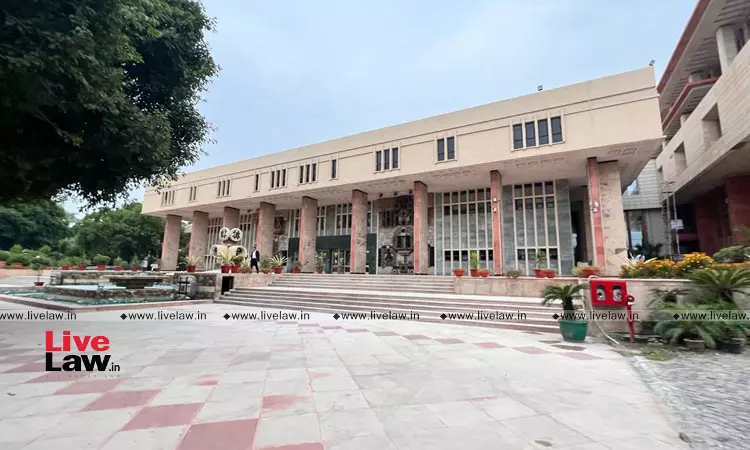The Delhi High Court has held that subscription fees received by Deloitte are exempted from tax on the principle of mutuality.The bench of Justice Rajiv Shakdher and Justice Girish Kathpalia has observed that the expression “mutuality” flows from the expression “mutual”, which indicates reciprocity of arrangement in which the concerned parties have reciprocal rights or understanding...

